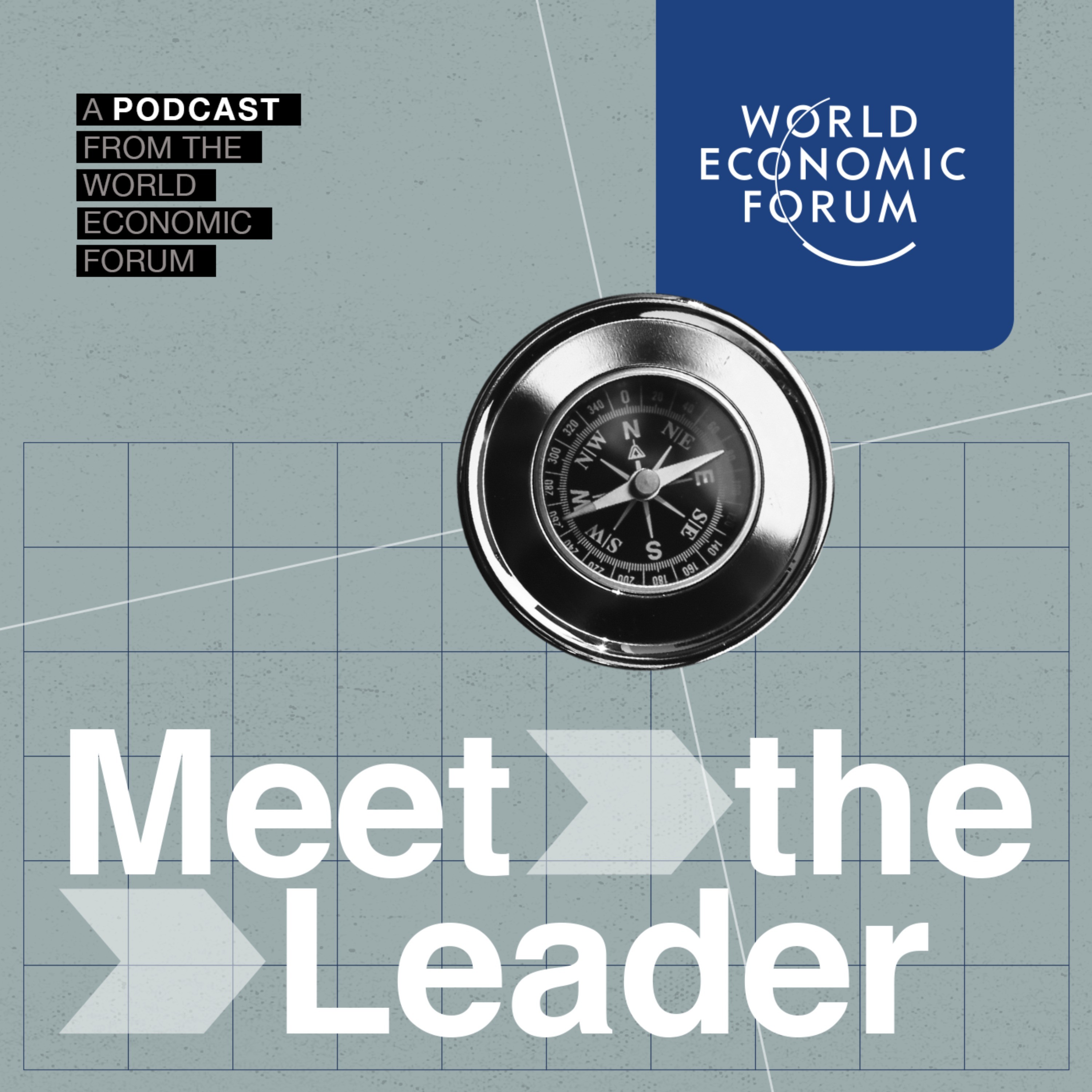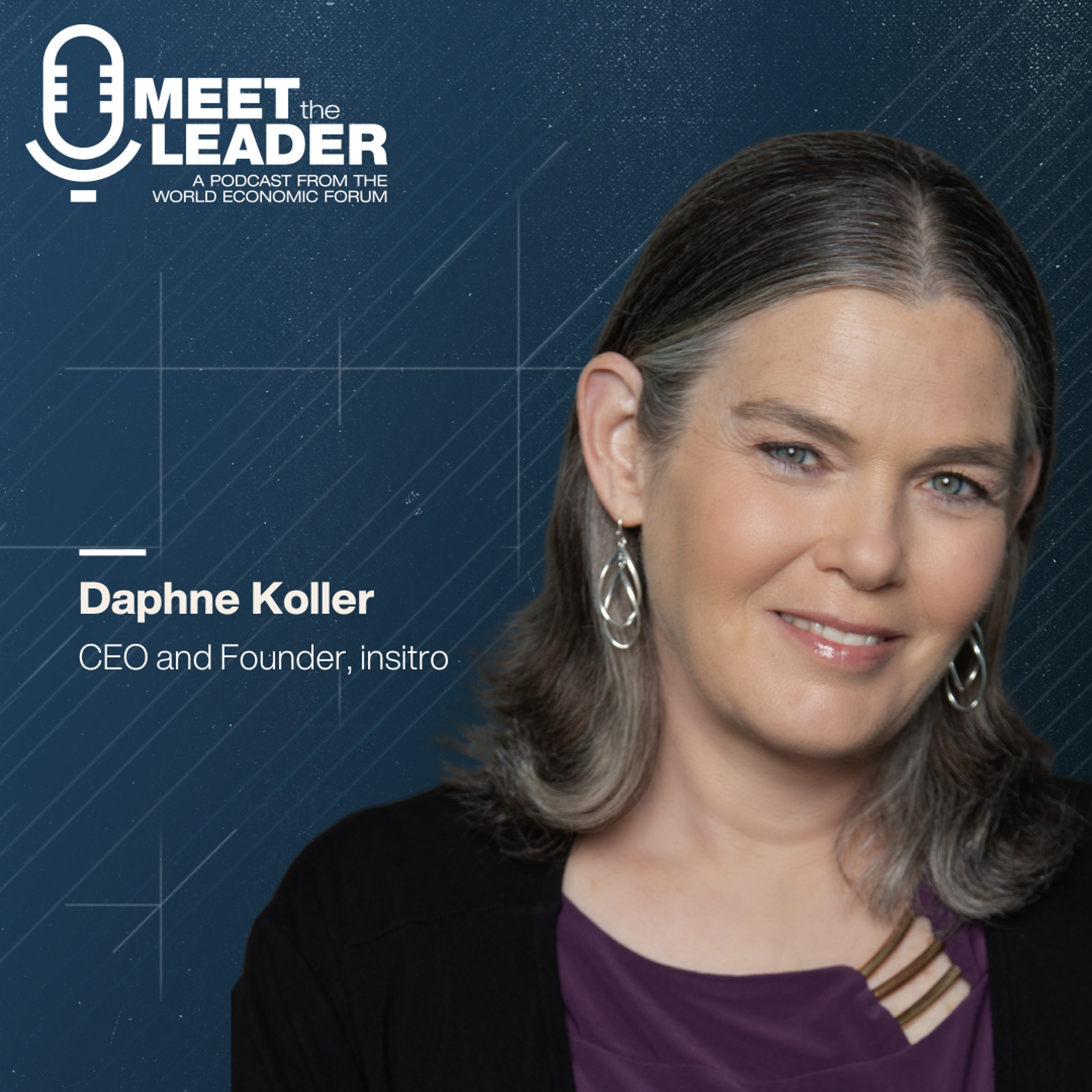How bridging design gaps in science and tech can tackle global gender bias
Update: 2024-09-26
Description
Gaps in the design of everything from AI to pharmaceuticals lead to everything from safety risk to poor health outcomes. Ngina Muntean, the chief of innovation at the United Nations Population Fund, is looking to fix this, making research and design more inclusive for everyone. Her agency launched the Equity 2030 Alliance last year bringing together leaders in tech and pharma and other sectors to share best practices. Its experts in academia, government and business come together to help advocate for new standards in equitable investment, and to champion more gender-inclusive approaches to tech and design. The group is coming upon its first year anniversary which it celebrated during this year's UN General Assembly Week in New York City at the Summit of the Future. Nigina is also a former physician and a public health expert who understands how investments in research and design impact the lives of everyday people, especially those with the least resources. She shares her first-hand perspectives on what’s needed tackle bias in design and what any leader should keep in mind. More about this episode: 2030 Equity Alliance: 2024 World Economic Forum Global Gender Gap: 2024 Sustainable Development Impact Meetings: Related podcasts: Cyber has a skills gap. How approaches to tech, hiring – and retaining women - can help: Build a culture of innovation: HPE's CTO shares what must be in place:
Comments
Top Podcasts
The Best New Comedy Podcast Right Now – June 2024The Best News Podcast Right Now – June 2024The Best New Business Podcast Right Now – June 2024The Best New Sports Podcast Right Now – June 2024The Best New True Crime Podcast Right Now – June 2024The Best New Joe Rogan Experience Podcast Right Now – June 20The Best New Dan Bongino Show Podcast Right Now – June 20The Best New Mark Levin Podcast – June 2024
In Channel
























